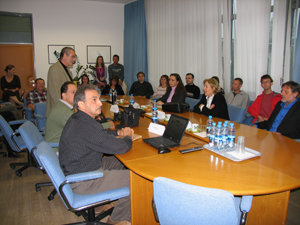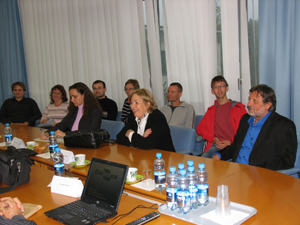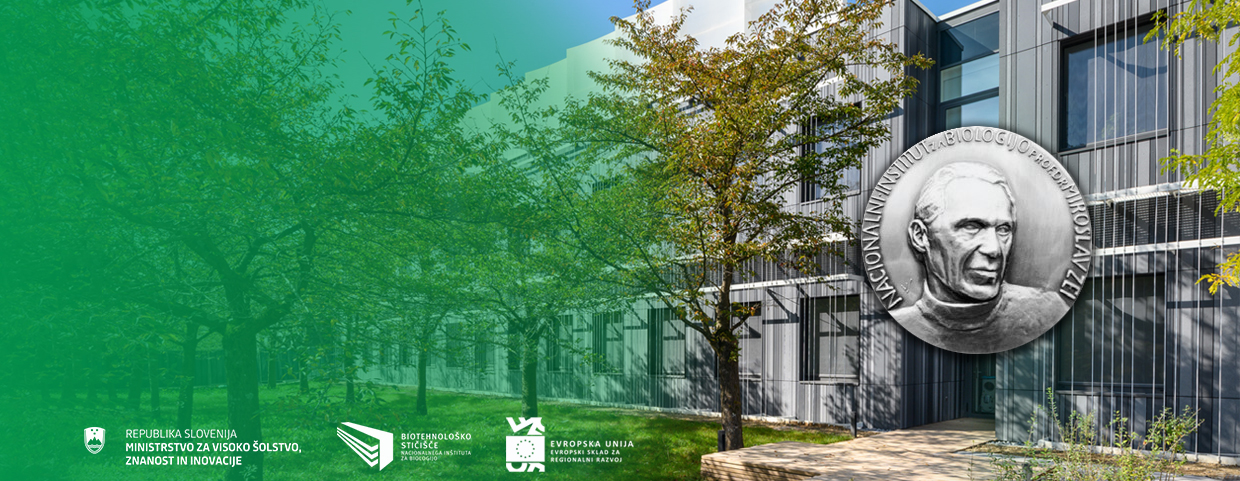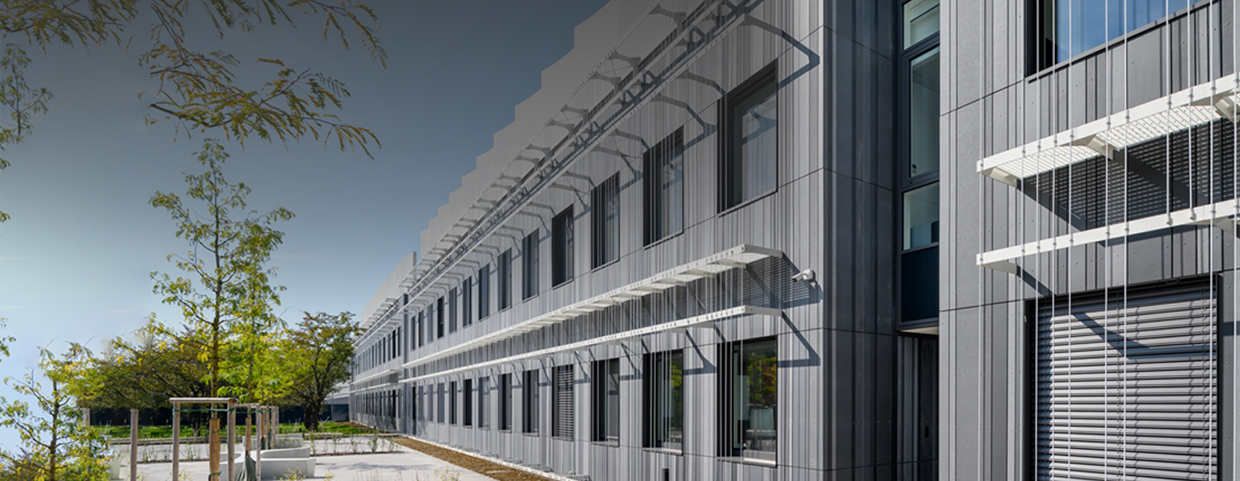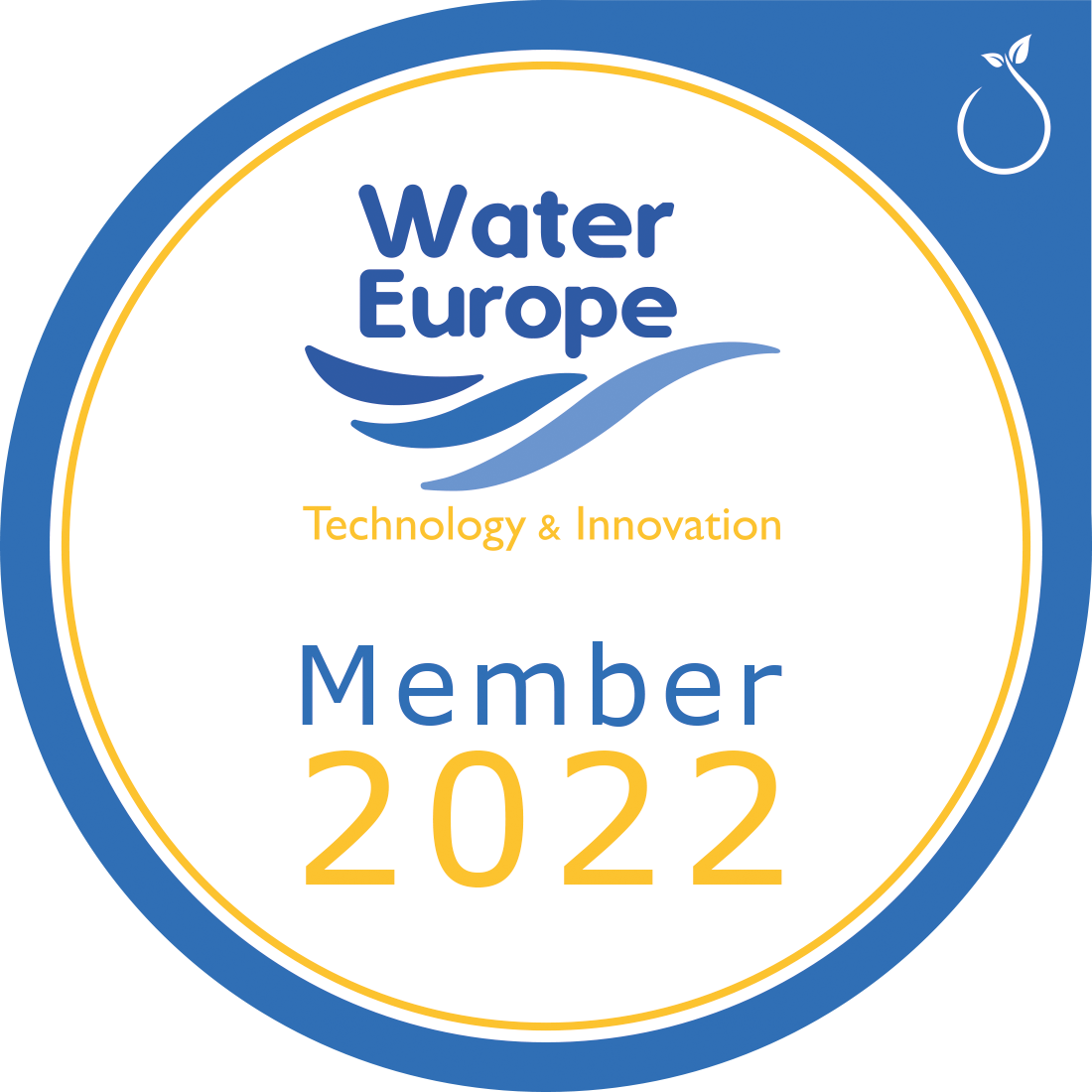06
Oct
NIB visited Her Excellency Mrs. Débora Vainer Barenboim, Ambassador of the Federative Republic of Brazil
{frontpage} {/frontpage}On Friday, the 7th October 2011 was on the National Institute of Biology held the lecture "EMBRAPA – the largest institute in the field of agriculture, its activities, role and mission" of Dr. Miguel Borges from the Institute EMBRAPA in Brazil. The lecture was also participated by Her Excellency Mrs. Débora Vainer Barenboim, Ambassador of the Federative Republic of Brazil and Mrs. Carolina Fonseca.
{/frontpage}On Friday, the 7th October 2011 was on the National Institute of Biology held the lecture "EMBRAPA – the largest institute in the field of agriculture, its activities, role and mission" of Dr. Miguel Borges from the Institute EMBRAPA in Brazil. The lecture was also participated by Her Excellency Mrs. Débora Vainer Barenboim, Ambassador of the Federative Republic of Brazil and Mrs. Carolina Fonseca.
On Friday, the 7th October 2011 was on the National Institute of Biology held the lecture "EMBRAPA – the largest institute in the field of agriculture, its activities, role and mission" of Dr. Miguel Borges from the Institute EMBRAPA in Brazil. The lecture was also participated by Her Excellency Mrs. Débora Vainer Barenboim, Ambassador of the Federative Republic of Brazil and Mrs. Carolina Fonseca.
In the lecture Dr. Miguel Borges, Head of genetic resource and biotechnology on the Institute EMBRAPA and an internationally well known researcher in this field, presented the Institute EMBRAPA, which is with its more than 8000 researchers, the largest agricultural institute in the world. With its activity is present not only in Brazil but throughout Latin America and in much of Africa. The Institute Embrapa, and particularly the group led by Dr. Miguel Borges is very open for collaboration and offers many opportunities for contact. Department of Entomology of the National Institute of Biology cooperates with them for many years.
Her Excellency Mrs. Débora Vainer Barenboim, Ambassador of the Federative Republic of Brazil also highlighted the importance of ithe nstitute Embrapa in Brazil and abroad, and praised the cooperation of the National Institute of Biology with the Brazilian scientific institutions and expressed support for further activities of our institute in the field of bilateral cooperation project.
Photo Gallery: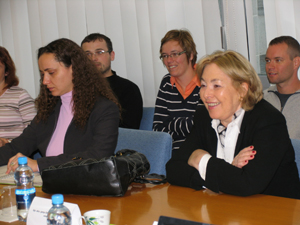
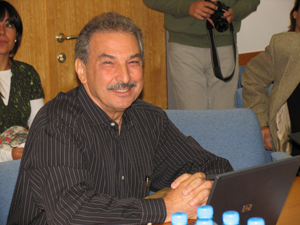
Her Excellency Mrs. Débora Vainer Barenboim, Ambassador Dr. Miguel Borges
of Brazil (right) and Mrs. Carolina Fonseca (left)